Electrical Muscle Stimulation: The Low-down
Electric impulses are naturally produced in our body, causing our muscles to contract. Essentially, this is how we move. If we lose the ability to move or contract a muscle, it leads to atrophy and loss of function of that body part.
With the use of EMS devices, we can mimic these impulses to tone muscles.
EMS—also known as electromyostimulation or Neuromuscular Electrical Stimulation (NMES) — is the method of using electric impulses to stimulate muscle contractions. It is mainly used in physical therapy, as strength training for athletes, and as a preventive and rehabilitative therapy for people with impaired mobility. EMS is also used in cosmetics as electrotherapy.
Electrical Muscle Stimulation: A Workout for Your Face
Here at Trophy Skin, we’re concentrating on the cosmetic electrotherapy branch of EMS. Our EMS device uses gentle, low-level microcurrent impulses to stimulate facial nerves.
When the nerves are engaged, they send a message to the brain. Neurons in the brain then return the message to the surrounding muscle fibers, causing them to expand and contract.
This expansion and contraction is precisely what your body does when you’re working out. When you use an EMS device on your face, think of it as every muscle group doing tiny crunches. The result is a toned look, with skin that’s tighter and smoother. One of our favorite parts is that the benefits are immediate with no recovery time.
How EMS Facials Work
You have 43 muscles in your face. In order for them to stay toned, they need to be active—and that’s where EMS comes in. As your facial muscles get their workout from an EMS machine, your body responds by increasing the output of Adenosine Triphosphate (ATP).
ATP is the primary chemical energy source for muscular functions, enhancing overall strength and flexibility. Your body also accesses ATP for cellular functions, driving skin cell turnover and renewal for firmness and suppleness.

Consistent EMS use can give your jawline and cheeks a more distinct, chiseled, and contoured appearance. EMS can also boost your overall cellular metabolism, increase blood circulation for a healthy glow, and support your natural lymphatic system processes to flush toxins out of the body.
Additionally, the firming and lifting of each set of muscles reduces the appearance of fine lines and wrinkles while restoring the skin’s youthful elasticity.
Basically, as your collagen production accelerates, you benefit from all the goodness it brings.
The BrightenMD Multi-Function Tool
The BrightenMD is a small, handheld, 4-in-1 tool that combines EMS technology with therapeutic warming, ultrasonic vibration, and red light therapy. It's suitable for use around the eyes and on the face and neck to help reverse the visible effects of aging and sun damage.
One of the best parts? The BrightenMD is small enough to fit in your purse or clutch and can go with you anywhere for facial refreshing on demand.
Therapeutic Warming

Therapeutic warming delivers stimulation deep into the skin’s layers for improved circulation. The activation of your lymphatic system helps cleanse dead and dying skin cells from your body naturally. But don’t worry—the device never gets too warm to the touch, keeping your experience comfortable and soothing.
Microcurrent EMS

The EMS function gently lifts and tones your skin, upping your collagen and elastin production. Your body uses these building blocks to restructure scaffolding under the skin’s surface, remodeling from within. The result is more elastin fibers and collagen thickness.
Red Light Therapy

Medical-grade LED lights send safe, warm non-UV light directly into the skin’s layers, which prompts cellular turnover and renewal. Over time, your body rejuvenates itself from the inside out, revealing fresh new skin cells that look young and smooth. Minor skin imperfections simply fade away, replaced with supple facial skin.
Sonic Vibration

A gentle ultrasonic setting works to relax and open pores gently for maximum absorption of your chosen serum. The extra depth that the serum reaches can provide a long-lasting effect to keep your skin nourished and supple for hours. Vibrations also stimulate circulation and give your face a healthy glow.

How Safe is At-Home EMS?
Using a handheld device at home to prompt electronic muscle stimulation is safe as long as the device you are using has been developed, manufactured, and tested with safety as the priority.
The BrightenMD has a smart-touch sensor that turns the device on when it is in contact with the skin.
You'll only need to avoid using at-home EMS if you:
- Have a skin disease, condition, malignancy, or cuts
- Have another serious medical condition (check with your doctor if you're unsure)
- Are pregnant or trying to get pregnant
- Have an increased sensory response or epilepsy
- Use a pacemaker or other active implant
The BrightenMD can serve as a stand-alone treatment, combining all four therapies as a single step to get you closer to your best skin. You can also use it in conjunction with your favorite serums to enhance absorption. The small, handheld device is safe enough for use several times daily to maintain a youthful, healthy glow and keep your skin supple and glowing.
Are you ready for spa-level EMS treatment in the comfort of your own home? Try the BrightenMD four-in-one facial tool today.
Enhancing Muscle Strength and Mass with Electrical Stimulation
Electrical Muscle Stimulation (EMS) has gained recognition not only in cosmetic procedures but also as a powerful tool in enhancing muscle strength and mass. Through the application of electrical impulses, EMS devices can target muscle groups with precision, causing them to contract and engage in a manner similar to natural movement. This stimulation can be particularly beneficial for individuals experiencing muscle weakness or those recovering from muscle atrophy due to injury or disuse.
Systematic reviews of the application of EMS in physical therapy have consistently shown that it can significantly increase muscle strength, especially when combined with conventional exercise. The electrical impulses activate motor neurons, leading to muscle contractions that help maintain or even increase muscle mass. This is especially important for patients who might otherwise struggle to engage in traditional forms of exercise due to physical limitations.
Functional Electrical Stimulation for Rehabilitation
Functional Electrical Stimulation (FES) is a specific form of EMS that is used primarily in the rehabilitation of patients with neurological impairments, such as those recovering from strokes or spinal cord injuries. FES involves the application of electrical impulses to nerves, which then stimulate the muscles to contract in a coordinated manner. This type of electrical nerve stimulation helps improve muscle function and can be a critical component in restoring mobility and independence.
Transcutaneous electrical nerve stimulation (TENS), often confused with FES, primarily targets pain relief rather than muscle contraction. However, both methods utilize similar principles of electrical stimulation, with TENS focusing on nerve desensitization and FES on muscle activation. By integrating FES into a rehabilitation program, patients can achieve better outcomes in terms of muscle strength and function, potentially reducing the long-term impact of muscle atrophy.
Transcutaneous Electrical Stimulation: A Versatile Approach
Transcutaneous electrical stimulation, which includes both EMS and TENS, has proven to be a versatile approach in both clinical and home settings. While EMS is widely recognized for its role in enhancing muscle strength and improving muscle function, TENS is more commonly used for pain management. However, recent studies suggest that combining these modalities can provide comprehensive benefits, addressing both muscle weakness and chronic pain simultaneously.
For example, a patient recovering from a knee injury may use EMS to strengthen the quadriceps and hamstring muscles, while TENS can be applied to manage post-surgical pain. This dual approach not only helps in increasing muscle strength but also in improving overall rehabilitation outcomes. Furthermore, the use of transcutaneous electrical nerve stimulation has been shown to promote better blood circulation, which is crucial for muscle recovery and regeneration.
Preventing Muscle Atrophy with Regular EMS Use
One of the most significant advantages of using EMS, particularly in individuals who are bedridden or have limited mobility, is its ability to prevent muscle atrophy. Muscle atrophy occurs when muscles waste away due to lack of use, often leading to significant weakness and loss of function. Regular use of EMS can counteract this by continually stimulating the muscles, thereby maintaining or even increasing muscle mass.
A systematic review of EMS applications has demonstrated that patients who incorporate EMS into their rehabilitation routines experience less muscle wasting and are better able to preserve muscle function compared to those who rely solely on passive treatments. By targeting specific muscle groups, EMS can help maintain muscle strength and prevent the severe consequences of prolonged inactivity.
Improving Muscle Function with Targeted Electrical Stimulation
Targeted muscle stimulation through EMS can improve muscle function in a variety of contexts, from athletic training to physical therapy. Athletes often use EMS as a supplementary tool to enhance their training regimens, focusing on muscle groups that require additional strengthening. For example, runners might target their calf muscles to improve endurance and prevent injury, while weightlifters may focus on their biceps or triceps to increase muscle mass and strength.
In clinical settings, targeted electrical stimulation is used to rehabilitate specific muscles that have been weakened due to injury or surgery. By applying electrical impulses directly to the target muscle, therapists can ensure that the muscle is being engaged and strengthened, which is essential for a successful recovery. This targeted approach also allows for more precise control over muscle activation, reducing the risk of overtraining or injury.

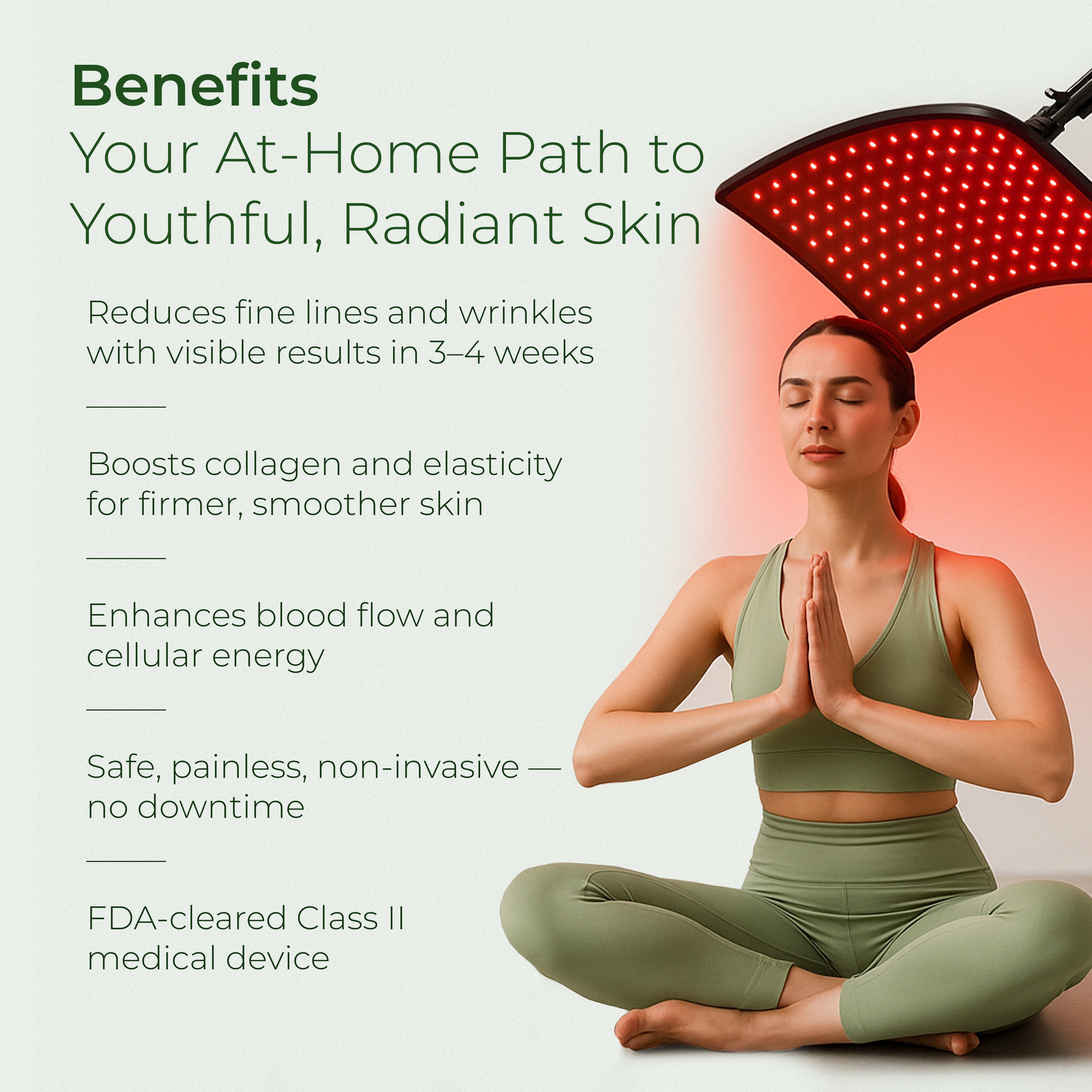
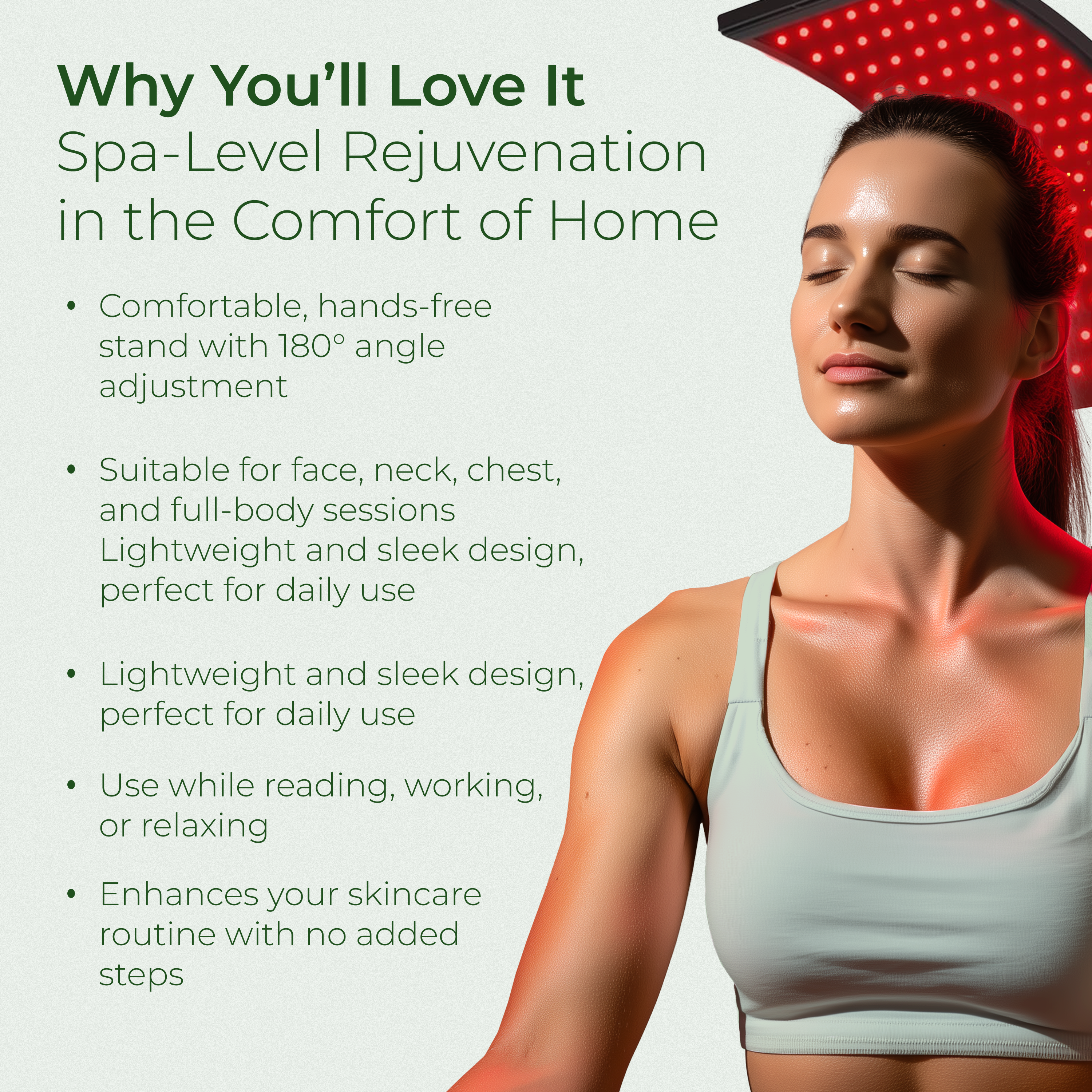

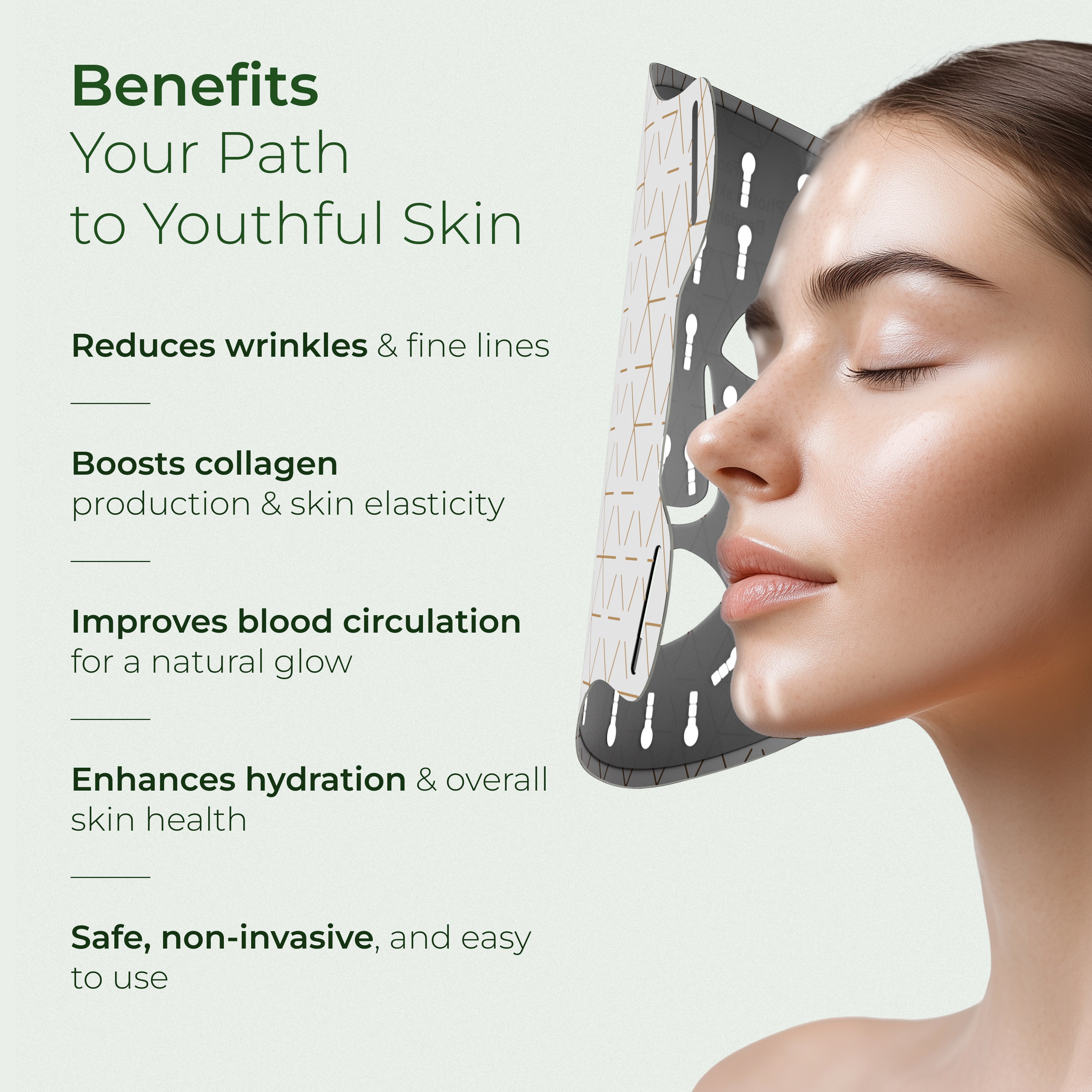


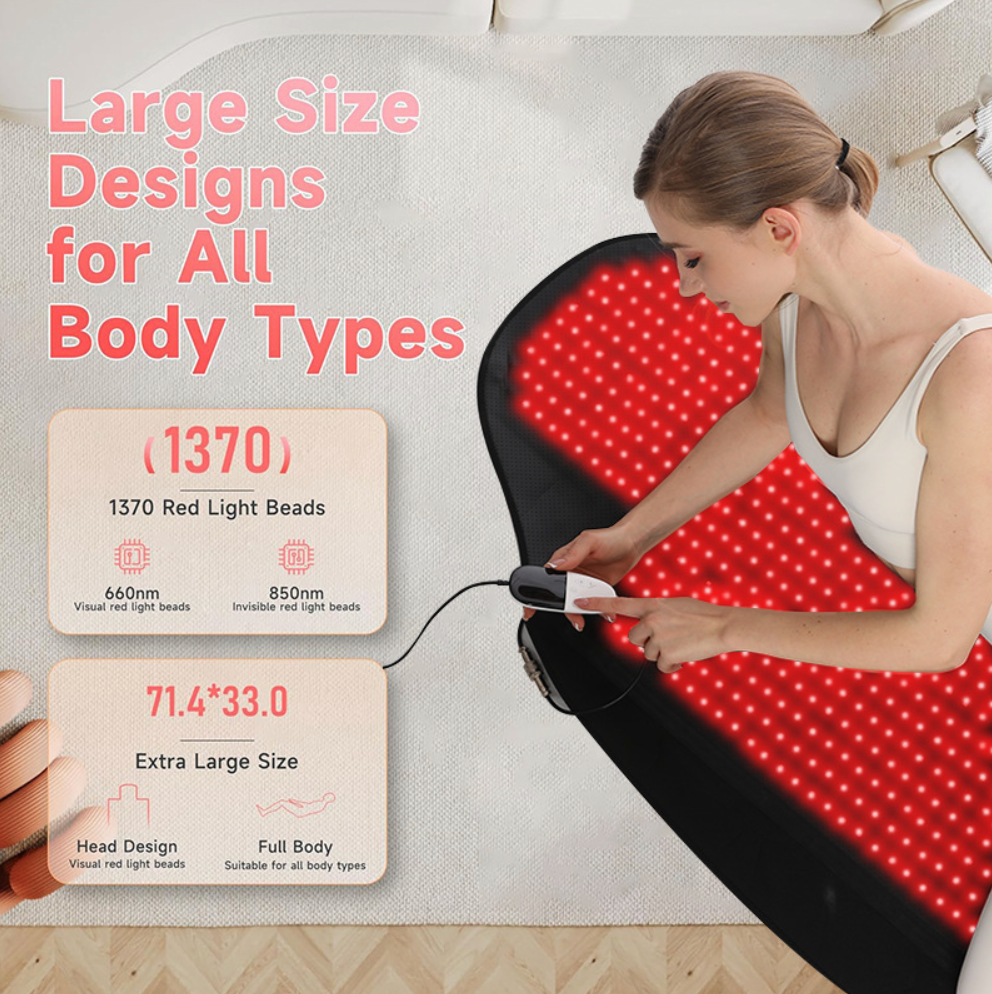
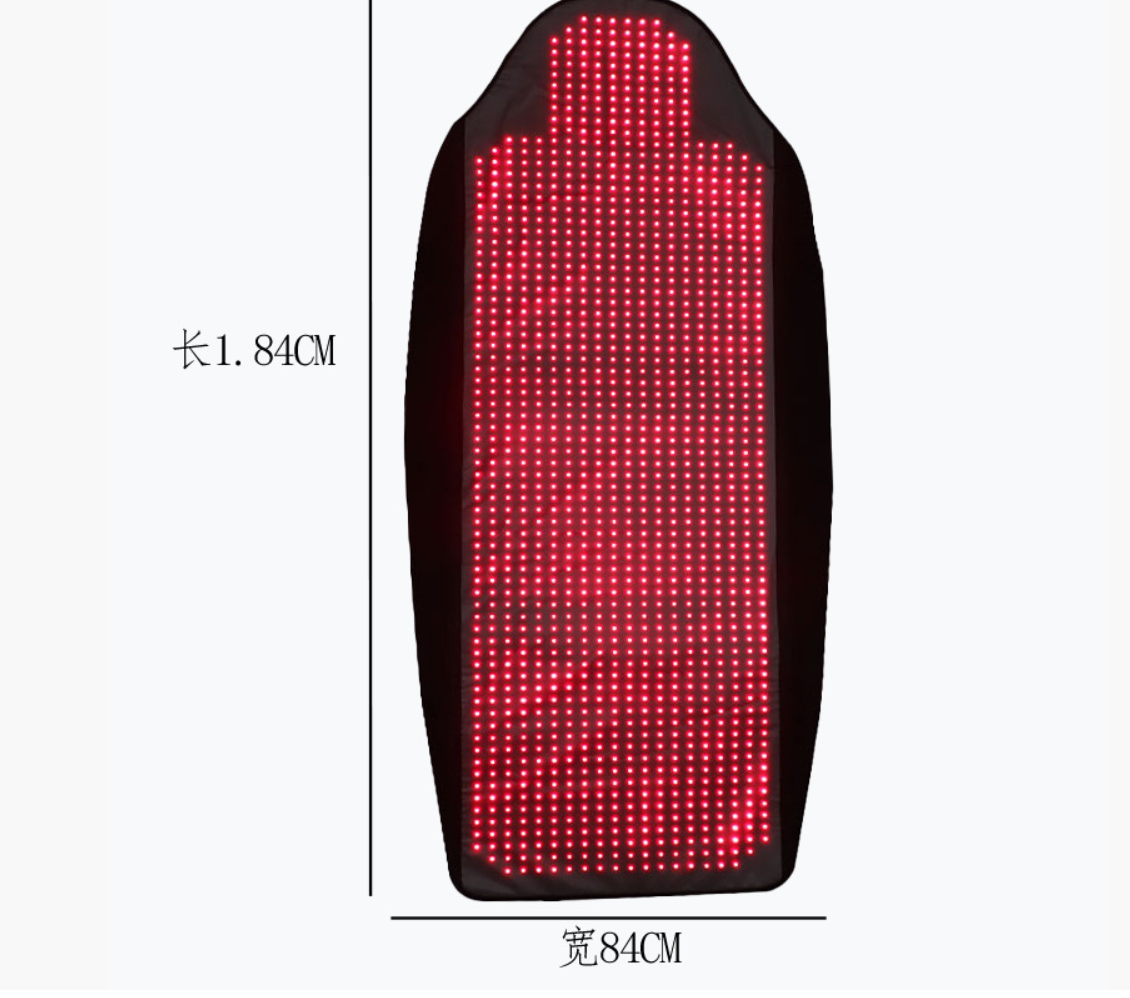



Hinterlasse einen Kommentar
Diese Website ist durch hCaptcha geschützt und es gelten die allgemeinen Geschäftsbedingungen und Datenschutzbestimmungen von hCaptcha.